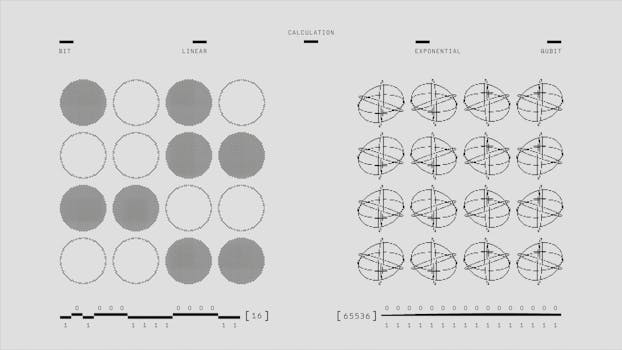
Understanding Quantum Mechanics

Quantum mechanics is a fundamental theory in physics that describes the physical properties of nature at the scale of atoms and subatomic particles. It is a complex field that challenges our traditional notions of reality and introduces concepts that can seem counterintuitive.
The Basics of Quantum Mechanics

At its core, quantum mechanics operates on principles that differ significantly from classical physics. One of the key principles is superposition, which suggests that particles can exist in multiple states at once until measured. Another crucial aspect is entanglement, where particles become interconnected in such a way that the state of one instantaneously affects the state of another, regardless of the distance separating them.
Implications for Reality

The implications of quantum mechanics extend beyond the realm of physics into philosophical inquiries about the nature of reality. If particles can exist in multiple states and be connected across vast distances, what does this mean for our understanding of causality and the fabric of reality itself? This opens up discussions about the nature of consciousness and the observer effect, where the act of observation can influence the state of a quantum system.
Quantum Mechanics and Technology

Understanding quantum mechanics has also led to groundbreaking advancements in technology, particularly in the fields of quantum computing and cryptography. Quantum computers harness the principles of superposition and entanglement to perform calculations at speeds unimaginable with classical computers. This could revolutionize fields such as data analysis, artificial intelligence, and secure communications.
Conclusion

In conclusion, the study of quantum mechanics not only enhances our understanding of the universe but also challenges our perceptions of reality. As we continue to explore this fascinating field, we may uncover even more profound implications that could reshape our existence and technological landscape.






